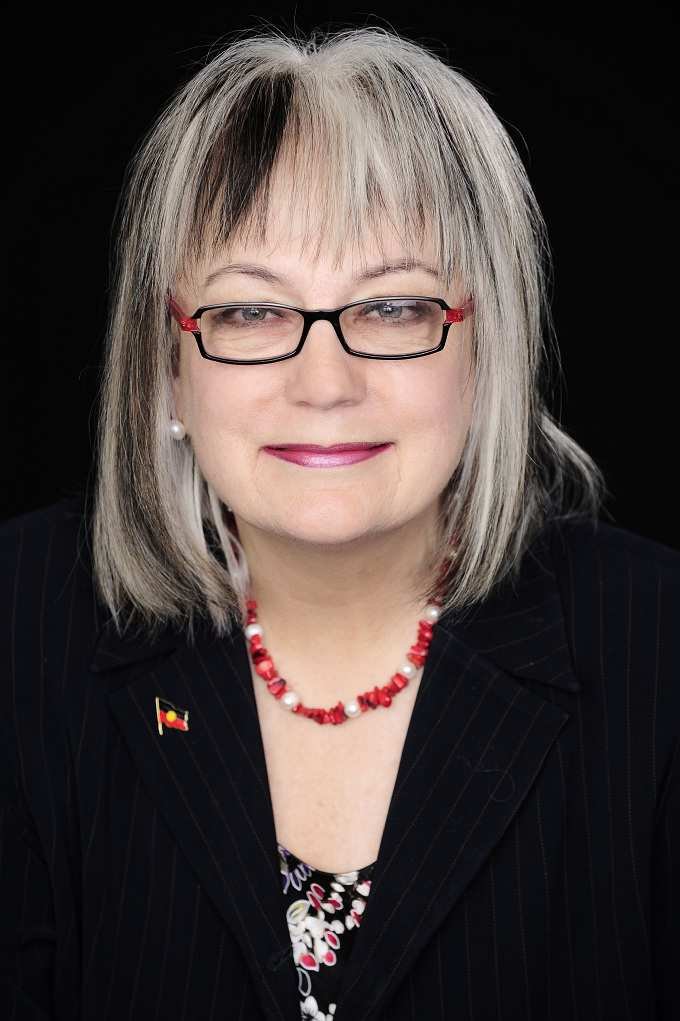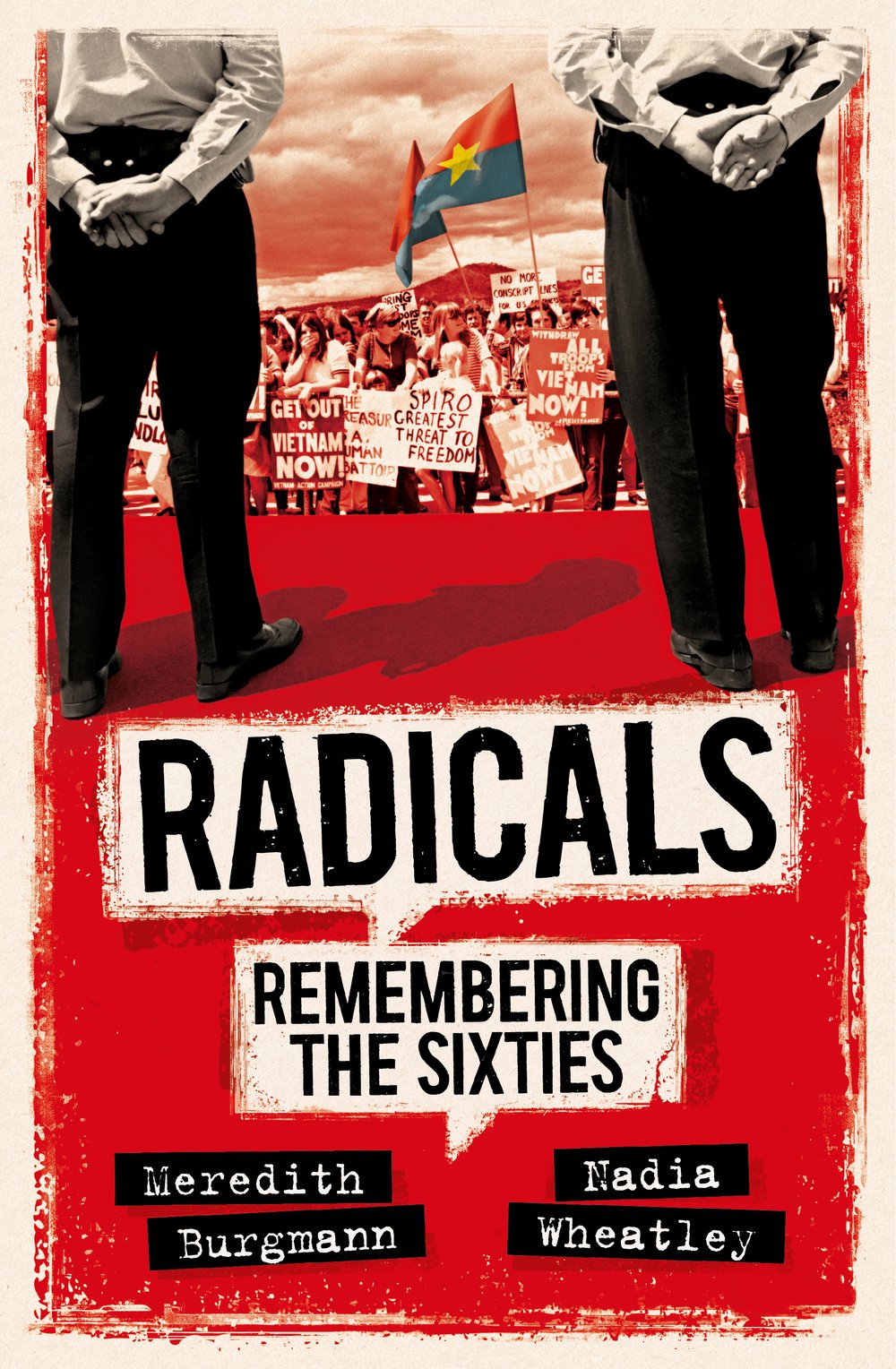Featuring stories about ...Gary Foley, Geoffrey Robertson, Margret RoadKnight, Albert Langer (Arthur Dent), David Marr, Margaret Reynolds, Brian Laver, Bronwyn Penrith, Ellis D Fogg (Roger Foley), Peter Duncan, Vivienne Binns, Gary Williams, Peter Batchelor, Helen Voysey, John Derum, Robbie Swan, Jozefa Sobski and Peter Manning.
Saturday 6 June 2020. 1.30 pm. Black Lives Matter protest
We find ourselves at a Black Lives Matter demonstration in early 2020. The faces around us are unknown and mostly young. We find it a cause for optimism that our generation of Sixties radicals is not irreplaceable.
Around us the chant rises. ‘Too many coppers, not enough justice!’
‘Just like the old days’, we agree.
So what was it that took the two of us onto the streets in 1968?
‘The Vietnam War’ is the short answer. But what form did our radicalisation take?
To outsiders, witnessing our sudden donning of National Liberation Front badges and our increasingly frequent appearances at Sydney’s Central Court, we probably seemed surprising radicals. Both of us were from middle class and politically conservative backgrounds. Both of us had been educated at single-sex private schools. Both of us were raised in the dreary puritanism of Sydney Anglicanism. Although – as we relate in our own accounts in this book – there was also a great difference in our family backgrounds, both of our lives were transformed in the crucible of the Sixties, initially through our involvement in the anti-Vietnam movement, but soon through taking part in other campaigns.
It was this process of radicalisation that the two of us were discussing a few years ago over dinner, when we came up with the idea of this book. From that conversation sprang many more conversations, as we contacted eighteen fellow-radicals of our generation and began strip-mining their lives. Our characters span the political spectrum – Anarchism, Trotskyism, Maoism, Pragmatism, as well as Labor Party members, DLP supporters, the non-aligned, and those who just wanted to keep their noses clean. We also included three Peters – but hey, it was the Sixties.
As it turned out, the people we talked to had more in common than might be apparent. All of them – either in reaction to a particular issue or simply in response to the zeitgeist – rejected the political views and values of their family, school, church and class. These radical about-turns were often accompanied by epiphanies, awakenings, revelations and other such ‘aha’ moments.
Apart from any personal issues, a common catalyst for radicalisation was the shared experience of growing up in the political circumstances of post-war Australia. While the ferment of the Sixties was an international phenomenon, in this country there was a particular element to drive young people wild. Elected in 1949 to head the first Coalition government of the Liberal and Country parties, Prime Minister Robert Gordon Menzies cast a long shadow over the childhood and adolescence of our baby-boomer generation.
It is easy to point to the Menzies government’s support for policies such as White Australia and Assimilation, not to mention the military commitment in Vietnam, but just as bad was the cultural repression. Growing up behind the white picket fence of Menzies’ Australia was deadly boring.
Often unable even to say what was wrong, we knew we had to make our escape, using whatever resources we had.
Five decades on, the word ‘radical’ has come to be associated with the kind of people who go off to fight for ISIS. It is also used for members of the alt-Right. For us, radicalism means openness and freedom. It means the particular kind of grassroots organisation and New Left ideology that arose in opposition to the hierarchical structures and dogmatism of the Old Left. And it means fun, not fundamentalism.
Monday 26 March 2021. 11.45am. March4Justice
N: Just arrived at Town Hall. Are you here yet?
M: We’re at right of speakers.
N: Can’t get through the crowd.
M: Catch up when we march.
Ten months after the Black Lives Matter protest, the issue has shifted from race to gender.
But the struggle goes on …
Radicals: Remembering the Sixties will make you feel like you were there, whether or not you really were.
Meredith Burgmann's and Nadia Wheatley's book Radicals: Remembering the Sixtieswill be published by NewSouth in April 2021.



